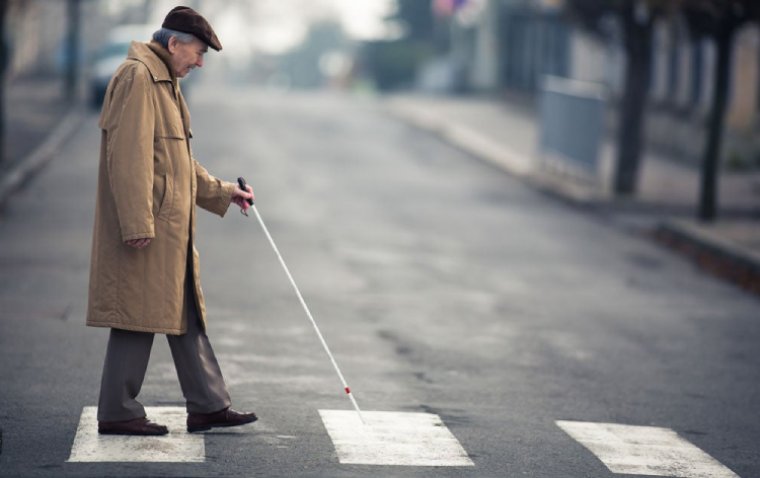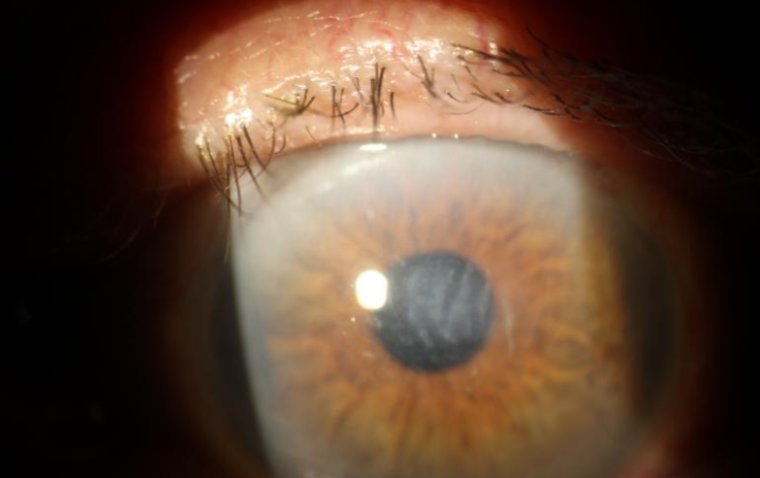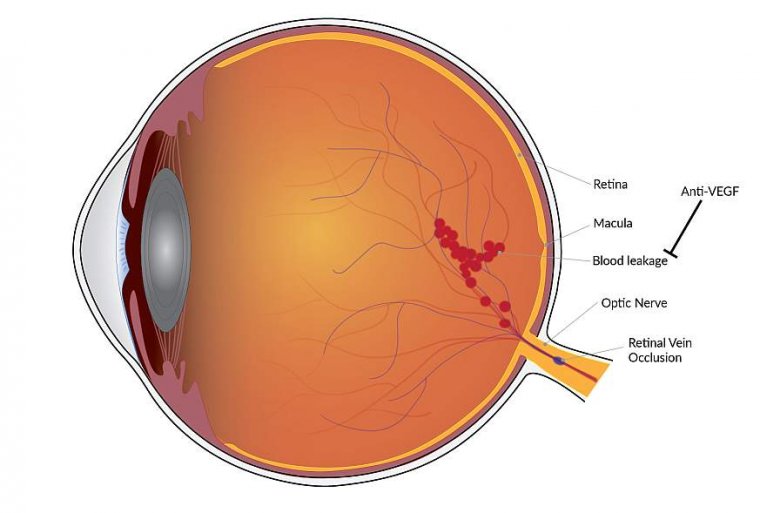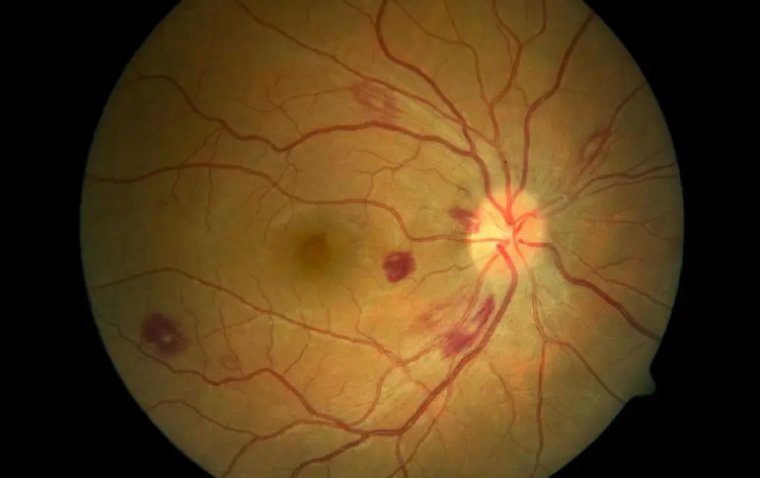
Report Exposes Lack of Support for Blind and Partially Sighted in England
A Freedom of Information (FOI) request has brought to light a concerning issue: thousands of blind and partially sighted individuals in England are being denied essential rehabilitation services, which are crucial for adapting to life after sight loss. This revelation comes from a report by the Royal National Institute of Blind People (RNIB), which describes the situation as a hidden scandal within the realm of social care.
Widespread Delays in Essential Services
The report, titled ‘Out of Sight: The Hidden Scandal of Vision Rehabilitation Services Across England,’ unveils that a staggering 86 percent of local authorities fail to meet the 28-day deadline recommended by the Local Government and Social Care Ombudsman for assessing the needs of those who have experienced sight loss. This failure can lead to delays in providing the necessary support, at times leaving individuals waiting for over a year for a vision rehabilitation assessment and subsequent support, significantly impacting their lives during what can be a traumatic period.
The Impact of Neglected Rehabilitation Services
The lack of timely support not only increases the risk of physical accidents and injuries for those with sight loss but also contributes to the potential for mental health crises. Properly administered, vision rehabilitation services can empower individuals to maintain their independence, enabling them to navigate daily life, continue their work, shop, and engage in hobbies they enjoy. Without this support, many express concerns to RNIB about the prospect of becoming isolated.
A Lack of Regulatory Oversight
A further issue highlighted in the report is the lack of regulatory oversight for vision rehabilitation services, making them the only specially assessed adult social care services not monitored by care regulators such as the Care Quality Commission (CQC). This oversight allows the delays in service provision to go unchecked.
Vivienne Francis, RNIB’s Chief Social Change Officer, emphasizes the dramatic changes life undergoes following sight loss and the legal obligation to provide support through specialist vision rehabilitation services. However, the report indicates these services are unregulated and inconsistently provided, leaving many individuals without the necessary care.
The Urgent Need for Comprehensive Support
The FOI request also reveals that vision rehabilitation services are under-resourced, with a quarter of local authorities relying on non-specialists for vital assessments and some areas completely lacking vision rehabilitation specialists. Nearly a quarter of local authorities report ongoing vacancies for specialist staff.
Francis continues, stressing the difficulties local authorities face in meeting the demand for vision rehabilitation services and effectively resourcing them. She highlights the detrimental impact of under-resourced services on thousands of blind and partially sighted individuals, who often wait more than twelve months for support.
In light of these findings, RNIB is calling on all UK political parties to commit to ensuring that individuals with sight loss receive the timely, emotional, and practical support they need. The report sheds light on a significant social care injustice, urging immediate action to address the gaps in care for the blind and partially sighted population in England.
(1).jpg)










